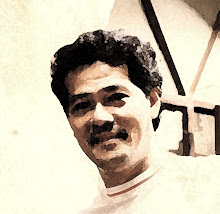An enthusiastic door-to-door vacuum salesman goes to the first house in his new territory.
He knocks. A lady opens the door, and before she has a chance to say anything, he runs inside and dumps cow patties all over the carpet.
He says, "Lady, if this vacuum cleaner doesn't do wonders cleaning this up, I'll eat every chunk of it."
She turns to him with a smirk and says, "You want ketchup on that?"
The salesman says, "Why do you ask?"
She says, "We just moved in and we haven't got the electricity turned on yet!"
ja ja ja!!! yaiiikkk!!!
























